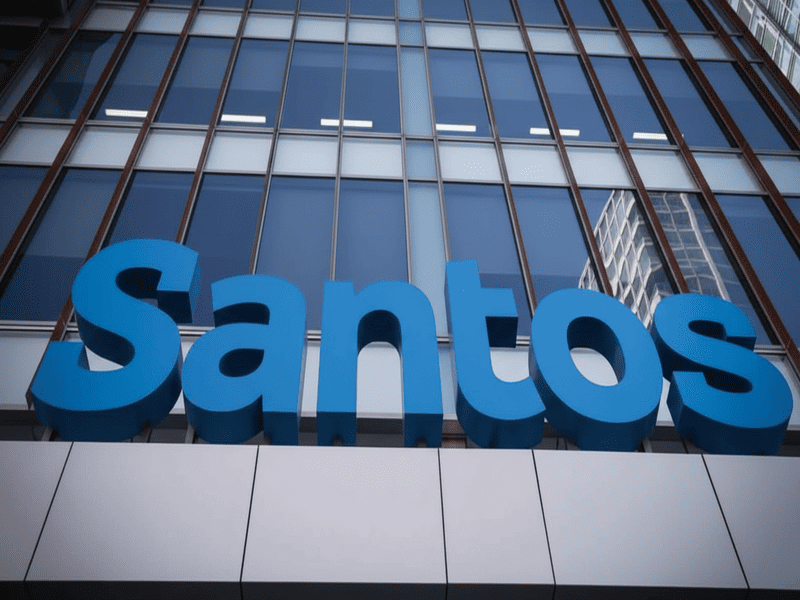Australia’s Santos Ltd is facing renewed scrutiny from investors after a high-stakes takeover attempt by an international consortium collapsed, dealing a blow to the country’s energy sector M&A outlook.
A group led by XRG, the overseas investment arm of Abu Dhabi National Oil Company, withdrew its $18.7 billion all-cash bid just days before a deadline to submit a binding offer. Partners included Abu Dhabi Developmental Holding and U.S. private equity firm Carlyle. The suitors had twice extended their due diligence period since first approaching Santos in June.
The consortium cited a mix of factors behind the decision. According to people familiar with the talks, unexpected tax exposures linked to Santos’ Papua New Guinea operations and a methane leak at its Darwin liquefied natural gas plant weighed on the evaluation. Regulatory hurdles in Australia, Papua New Guinea, and the U.S. also added uncertainty.
Santos shares fell nearly 12% in Sydney trading on Thursday as investors reacted to the failed deal. It is the third time in recent years the company has seen a major transaction unravel, following abandoned merger discussions with Woodside Energy in 2023 and a rejected approach from Harbour Energy in 2018.
The board defended its stance, saying it could not secure terms that adequately protected shareholder value given the extended timeline and regulatory risk. Santos maintains that its development projects, most notably the Barossa gas field and Alaska’s Pikka Phase 1 oil project, will support a 30% rise in production by 2027.
Still, analysts expect mounting pressure on management to boost returns and consider structural changes, such as separating domestic gas operations from its LNG export business. Some investors are likely to call for leadership changes or a refreshed strategy to unlock value.
With a market capitalization of about A$21.8 billion (US$14.5 billion), Santos remains a key supplier to Asian LNG markets and Australia’s domestic gas grid. The breakdown of the XRG-led bid underscores the growing complexity of large fossil-fuel deals as environmental liabilities, shifting energy policies, and regulatory reviews intensify.
For global energy investors, the episode highlights the caution surrounding big-ticket acquisitions in the sector. Even well-capitalized buyers are increasingly wary of the costs, approvals, and climate-related risks attached to major oil and gas assets.
Whether Santos chooses to accelerate growth independently, revisit partnerships, or rethink its portfolio, investors are signaling they want a clearer path to stronger returns, setting the stage for a pivotal period in the company’s strategy.






